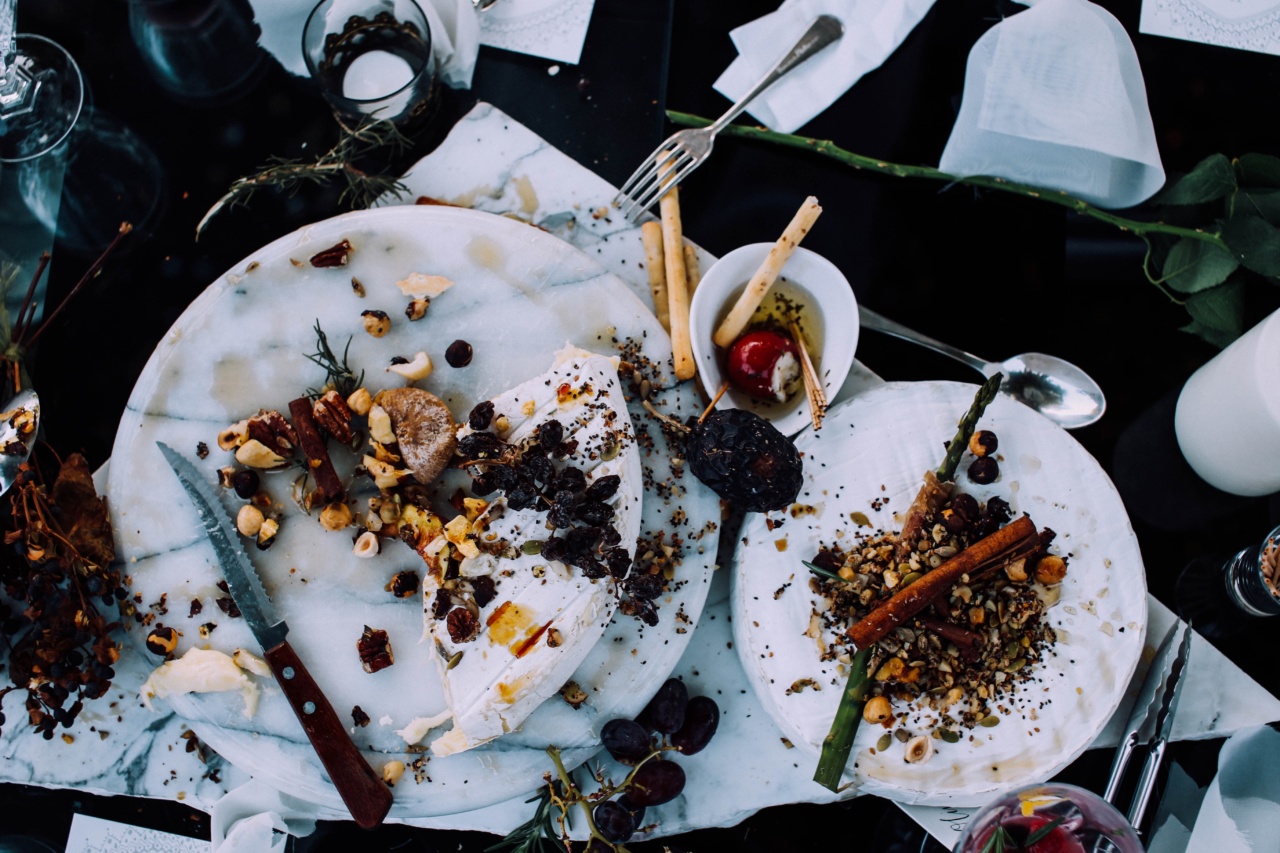Hiccups after eating can be quite annoying and uncomfortable. They are often caused by a spasm of the diaphragm muscle, which leads to an involuntary contraction and the characteristic “hic” sound.
While hiccups are usually harmless and go away on their own, they can sometimes persist for longer periods and become bothersome. If you’d like to prevent hiccups after eating, here are ten tips that can help:.
1. Eat slowly and mindfully
Eating too quickly or not chewing your food properly can contribute to hiccups. Take your time to eat and savor each bite.
Chewing thoroughly helps to break down your food into smaller pieces, making it easier to digest and reducing the likelihood of hiccups.
2. Avoid overeating
Consuming large meals can put pressure on your diaphragm and increase the likelihood of hiccups. Instead of eating one big meal, try having smaller, more frequent meals throughout the day. This can promote better digestion and reduce the risk of hiccups.
3. Stay hydrated
Dehydration can trigger hiccups, so it’s important to stay hydrated throughout the day. Drink plenty of water and avoid excessive consumption of alcohol or caffeinated beverages, as these can contribute to dehydration.
4. Avoid carbonated drinks
Carbonated beverages can introduce air into your digestive system, potentially leading to hiccups. Limit your consumption of sodas, sparkling water, and other fizzy drinks to help prevent post-meal hiccups.
5. Manage stress levels
Stress and anxiety can contribute to hiccups. Find healthy ways to manage stress, such as practicing relaxation techniques, engaging in physical activity, or seeking support from friends, family, or a professional therapist.
6. Don’t drink through a straw
Drinking through a straw can cause you to swallow air, leading to hiccups. It’s best to sip beverages directly from a glass or cup to minimize the intake of excess air.
7. Avoid spicy or hot foods
Spicy or hot foods can irritate your esophagus and stomach, potentially triggering hiccups. If you’re prone to hiccups, try reducing your intake of spicy foods or eating milder variations to prevent their onset.
8. Be mindful of your body posture
Sitting up straight while eating allows for better digestion and can help prevent hiccups. Slouching or lying down immediately after a meal can put pressure on your diaphragm, increasing the chances of experiencing hiccups.
9. Try breathing exercises
Exercises that promote deep breathing and relaxation, such as diaphragmatic breathing or belly breathing, can help alleviate hiccups.
These techniques can help regulate your breathing and potentially disrupt the diaphragmatic spasms causing the hiccups.
10. Chew on a piece of ginger
Ginger has long been used as a natural remedy for various digestive issues, including hiccups. Chewing on a small piece of fresh ginger or drinking ginger tea after a meal may help prevent hiccups.
Its compounds are believed to have anti-inflammatory and soothing effects on the digestive system.
By implementing these tips into your daily routine, you can increase your chances of preventing hiccups after eating. Remember that hiccups are usually harmless and typically resolve on their own.
However, if your hiccups persist for an extended period, or if you experience any other concerning symptoms, it’s best to consult a healthcare professional for further evaluation.































